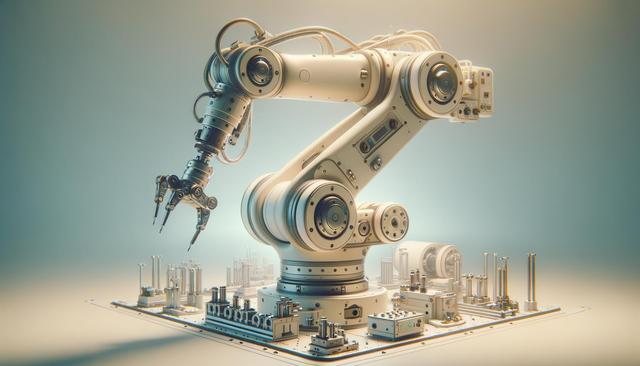-
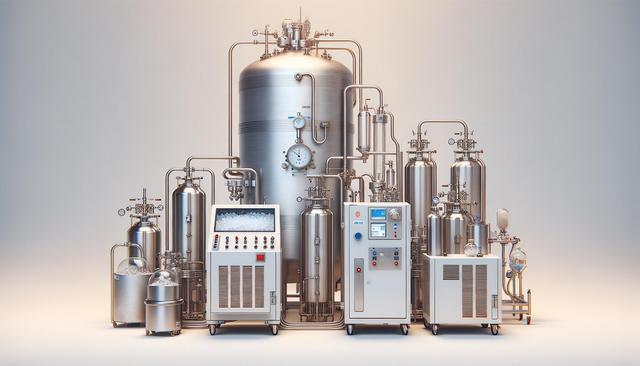
Cryogenic Equipment for Ultra-Low Temperature Applications
•
Cryogenic equipment supports processes that require extreme cold, offering safe and reliable performance in medical, research, and industrial sectors.
-
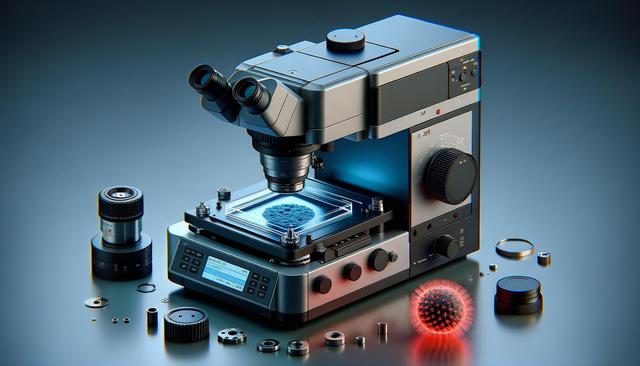
Confocal Imaging Equipment: Leading Suppliers for High-Resolution Microscopy
•
Confocal imaging systems provide high-resolution 3D visuals, enabling researchers and labs to capture detailed cellular structures with precision.
-

Mono Crystalline Solar Panels: Efficiency and Applications
•
Mono crystalline solar panels are a leading technology in the solar energy industry known for their high efficiency and longevity. Made from single-crystal silicon, these panels convert sunlight into electricity with remarkable effectiveness compared to other solar panel types.
-
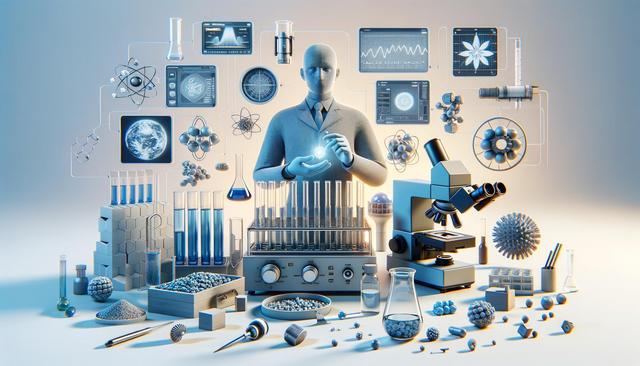
Atomic Absorption Spectroscopy: Principles and Applications
•
Atomic Absorption Spectroscopy (AAS) is a powerful analytical technique used to determine the concentration of specific metal elements within a sample. It is widely employed in environmental testing, pharmaceuticals, food safety, and metallurgy for its accuracy and sensitivity.
-
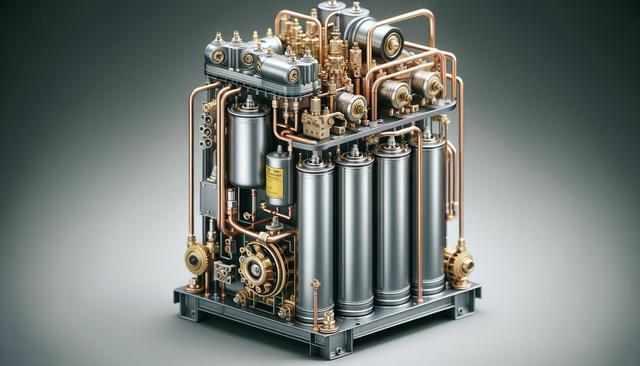
Lead Acid Accumulator: Structure and Function
•
Lead acid accumulators are among the oldest and most widely used types of rechargeable batteries. Known for their reliability and cost-effectiveness, these batteries store electrical energy chemically and release it when needed. They are fundamental components in automotive batteries, backup power supplies, and renewable energy storage systems.
-
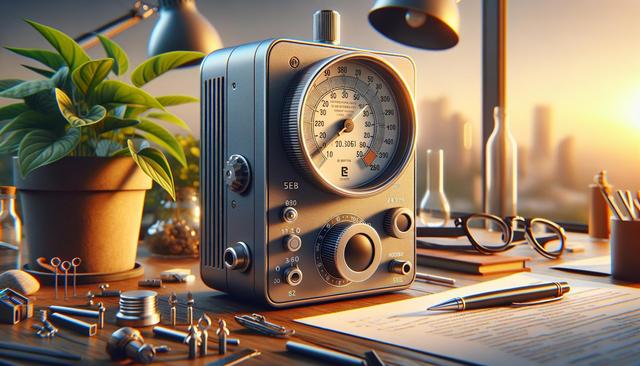
Pyrometer in Temperature Measurement: Principles and Applications
•
Pyrometers are specialized instruments designed to measure temperature from a distance without physical contact. Unlike traditional thermometers that require direct contact with the object, pyrometers detect the thermal radiation emitted by hot surfaces, making them invaluable for measuring very high temperatures or hazardous environments.
-

Gasoline Engine and Generator: How They Work Together
•
Gasoline engines and generators are commonly paired machines that provide reliable power in areas where grid electricity is unavailable or as backup power during outages. The gasoline engine acts as the prime mover, converting the chemical energy of fuel into mechanical energy, which the generator then converts into electrical energy.
-
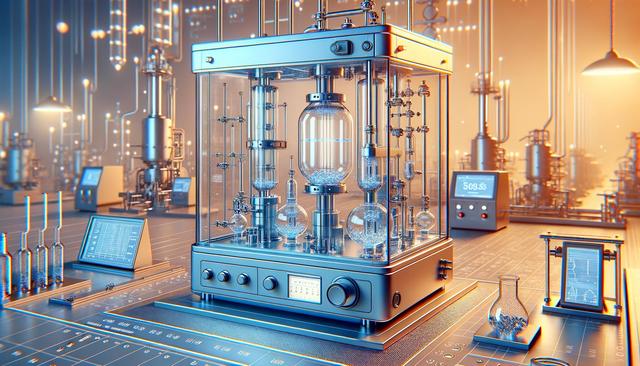
Glass Calorimeter Machines: Principles and Uses
•
Glass calorimeter machines are essential instruments in thermodynamics used to measure the amount of heat absorbed or released during physical or chemical changes. Their design typically involves an insulated glass container that holds the reaction or sample, enabling precise observation of temperature changes in a controlled environment.
-
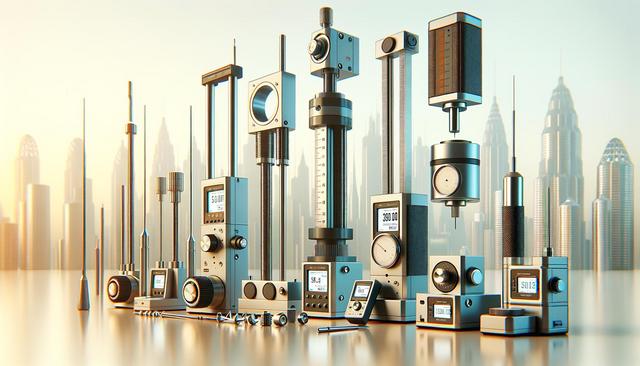
Types of Extensometers and Their Applications in Material Testing
•
Extensometers are vital tools in the field of material testing, allowing precise measurement of how materials deform under various forms of stress. These instruments are widely used in research laboratories, industrial quality control settings, and structural engineering applications to measure strain and elongation.
